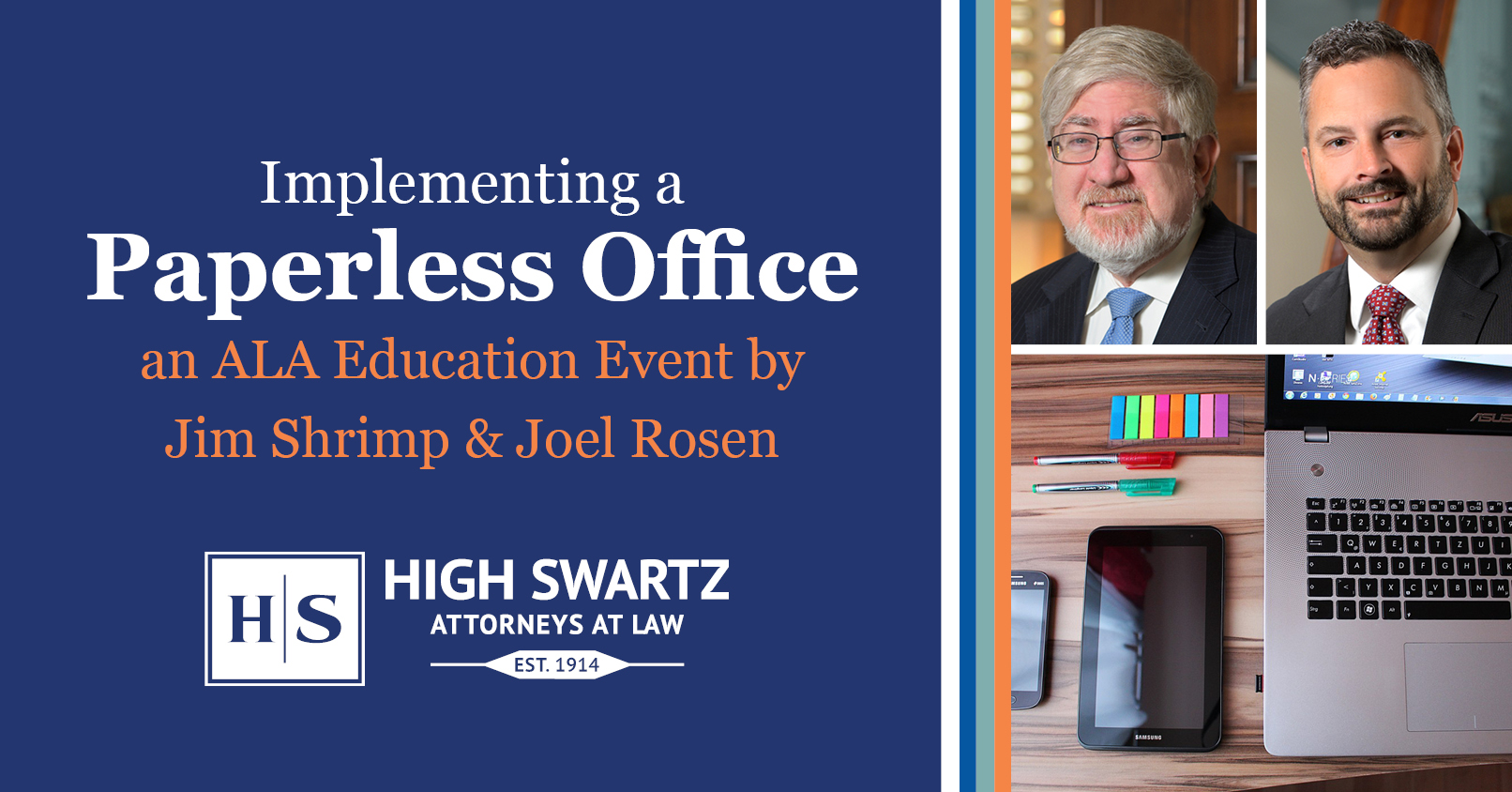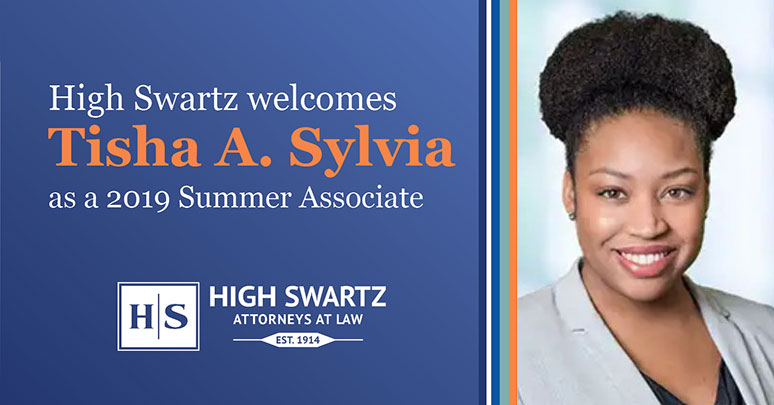The Mental Health Procedures Act (MHPA), despite its limitations, presents a way for teenagers to seek treatment for mental health issues.
Up until a child reaches the age of eighteen, parents typically make all of the decisions for their children, including where they live, where they go to school and what their medical treatment is. But when it comes to mental health, Pennsylvania laws give minors over the age of fourteen significant powers to make their own decisions without the consent of their parents.
This means although a child is still technically a minor, he or she has the right to ask for mental health therapies, testing, and even hospital stays without discussion with the child’s own parents. While the law seeks to create clarity on the matter, there are legal interpretations that find families and courts on both sides of the issue.
What is the Mental Health Procedures Act?
In 2003 the Pennsylvania Senate introduced Senate Bill No. 137, also known as the Mental Health Procedures Act (MHPA) amendments. The purpose of this bill was to amend the Minors’ Consent Act, which gave minors the right to consent to medical, dental, and vision procedures without the consent of their parents, to include mental health procedures. The bill was passed in 2005, giving minors aged fourteen and older the right to consent to outpatient mental health procedures without the knowledge or consent of their parents.
On the other side, this bill doesn’t provide any way for a minor to object to their parents’ consent for outpatient treatment. For example, a parent could decide outpatient treatment was necessary and a minor can’t opt out. However, if a parent didn’t want their child to attend outpatient treatment but the minor felt it was in their best interests to go, the minor would be empowered under the MHPA to still attend.
Inpatient treatment is treated slightly differently than outpatient treatment under the Act, requiring children to be notified of the scope of the treatment and its description prior to being admitted. Should the child object or a minor seek inpatient treatment without a parent’s consent, then a hearing would be required. In the latter situation the child would remain at the facility until the hearing, which would be scheduled within 72 hours.
Protections and Limitations of the Act
The rights of a minor are often subject to debate within the court system and it can be difficult for a parent to have their child making such significant medical or mental health decisions against their wishes. To make the process clearer when it comes to mental health procedures, the MHPA looks to create rules around what decisions children fourteen or older can make for themselves. Competing with a minor’s right to make mental health decisions for him/herself are the legal custody rights and responsibilities of that minor’s parents. In cases where families are not intact, there are often custody agreements and/or court orders affording parents shared legal custody, which denotes equal decision making power over decisions like medical care. Implied in shared legal custody is the right for both parents to have the same information when making legal custody decisions on behalf of their children. However, the MHPA creates a wrinkle of uncertainty in that it does give a great deal of deference and in many instances, the ultimate decision making authority to the minor child. Additionally, there is certainly debate about whether the child has the authority to control the dissemination of his or her mental health information, even to that of one or both of his or her parents.
One application of the MPHA comes into play when there is a mental health situation where the consent of both parents is typically required, such as when to conduct tests to diagnos learning issues. When one parent decides not to consent, the child could then exercise rights under the act to move forward with the testing. This change in the power dynamic of the parent-child relationship is very different from the traditional situation and can bring arguments on both sides as to the rights of parents versus children.
The MPHA, in conjunction with HIPAA rules, also offers protections regarding the release of mental health records. Parents would ordinarily expect to be able to see their children’s medical records, even if they hadn’t initially consented to the treatment or testing. However, in order to allow children to speak openly during treatment without fear of parents’ actions or reprisal, these records are deemed confidential.
While these protections are certainly helpful there are limitations to the Act, such as the lack of required support for children who seek mental health services. Even though a child can opt to receive counseling or treatment, the parents have no obligation to provide transportation or cover the costs associated with it. Given the limited resources of children between the ages of fourteen and eighteen, it can be difficult for them to navigate this process on their own.
Application in Pennsylvania
In Pennsylvania, the Mental Health Procedures Act has provided an avenue to care for children dealing with very difficult issues. Whether the issues relate to learning disabilities, identity confusion, or any other increasingly common concerns teenagers deal with, it’s important they have a way to safely receive treatment and address their concerns. Whatever the reason for its need, the Mental Health Procedures Act provides a safe opportunity for minors over the age of fourteen to address these concerns with or without the consent of their parents.
If you have questions regarding the Mental Health Procedures Act in Pennsylvania, please contact family lawyer Melissa M. Boyd at 1-800-LAW-1914 or email mboyd@highswartz.com. High Swartz family law attorneys have a thorough understanding how this act could affect your family.



